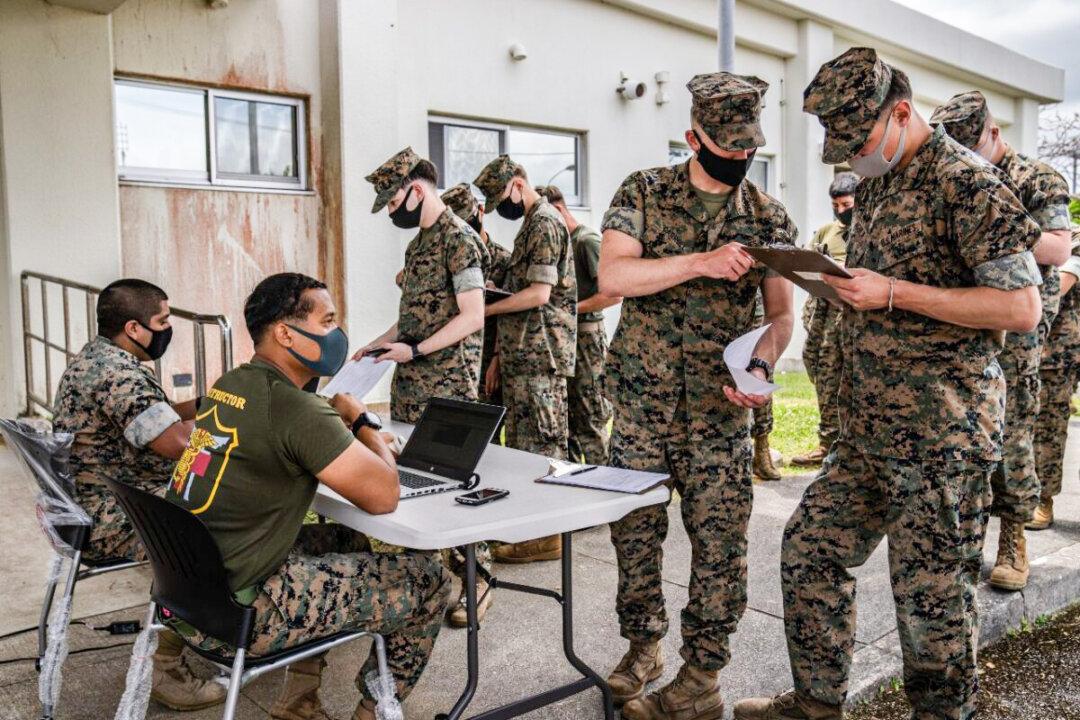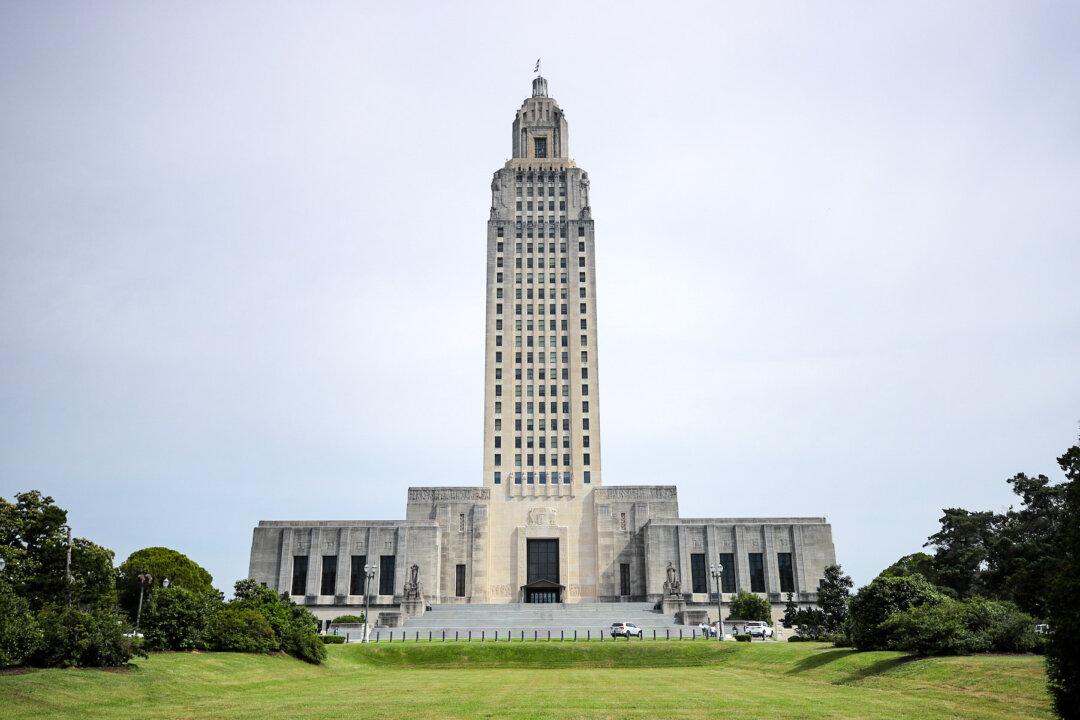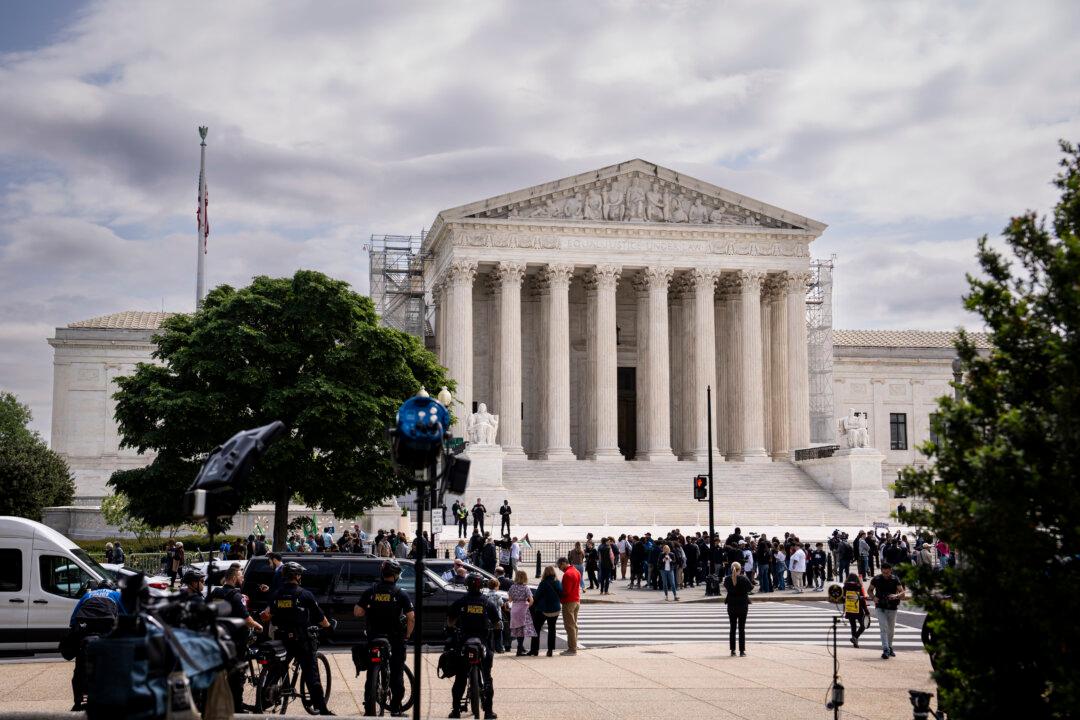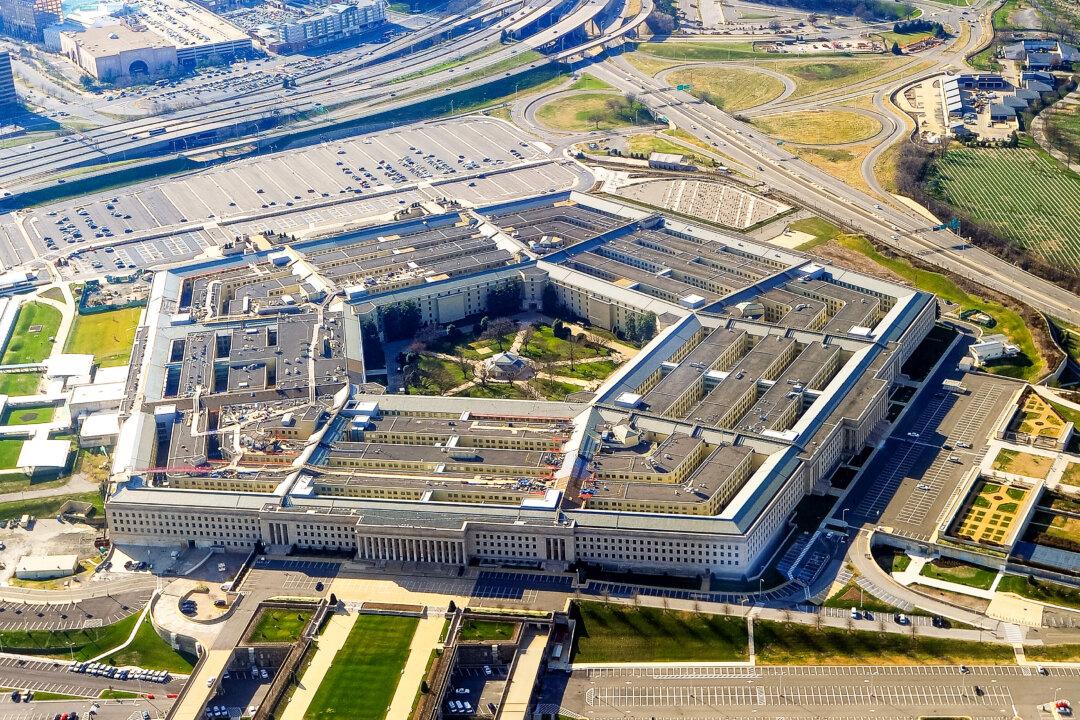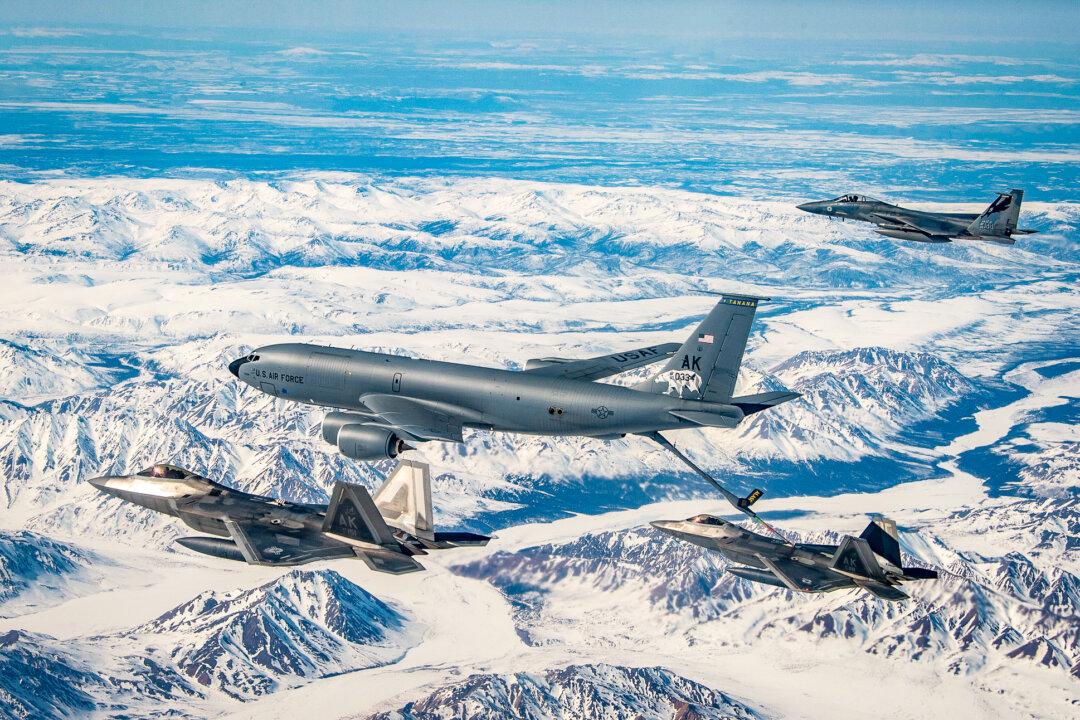A senior non-commissioned officer (NCO) in the U.S. Marine Corps who was denied a religious exemption to the vaccine mandate said the uncertainty of the situation is leaving him fearful about his future.
Master Sergeant Chuck Fourly (a pseudonym) has served in the Marine Corps for nearly 20 years, enlisting into the service on the heels of the 9/11 attacks. Fourly spoke to The Epoch Times on the condition of anonymity, fearing reprisals.
